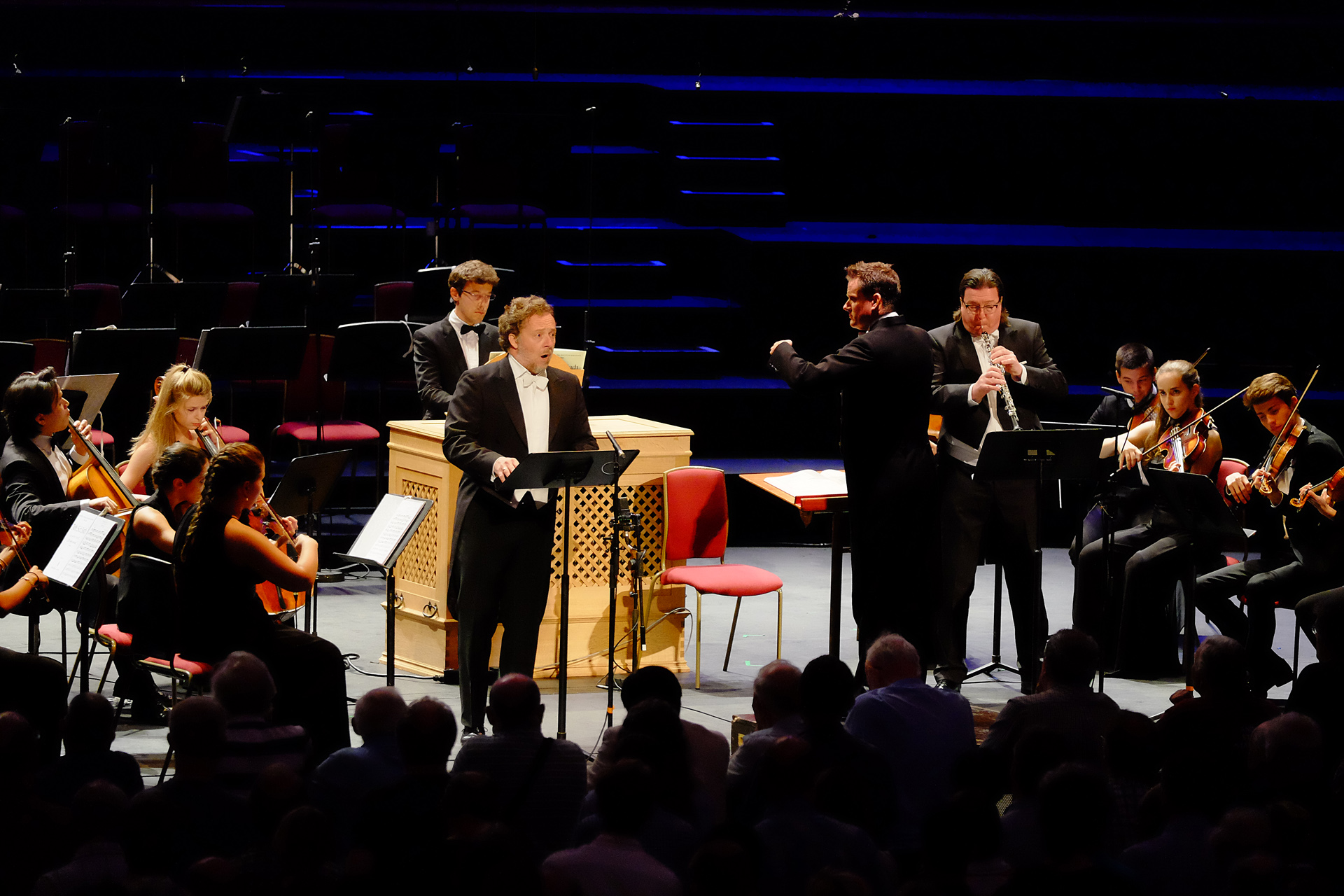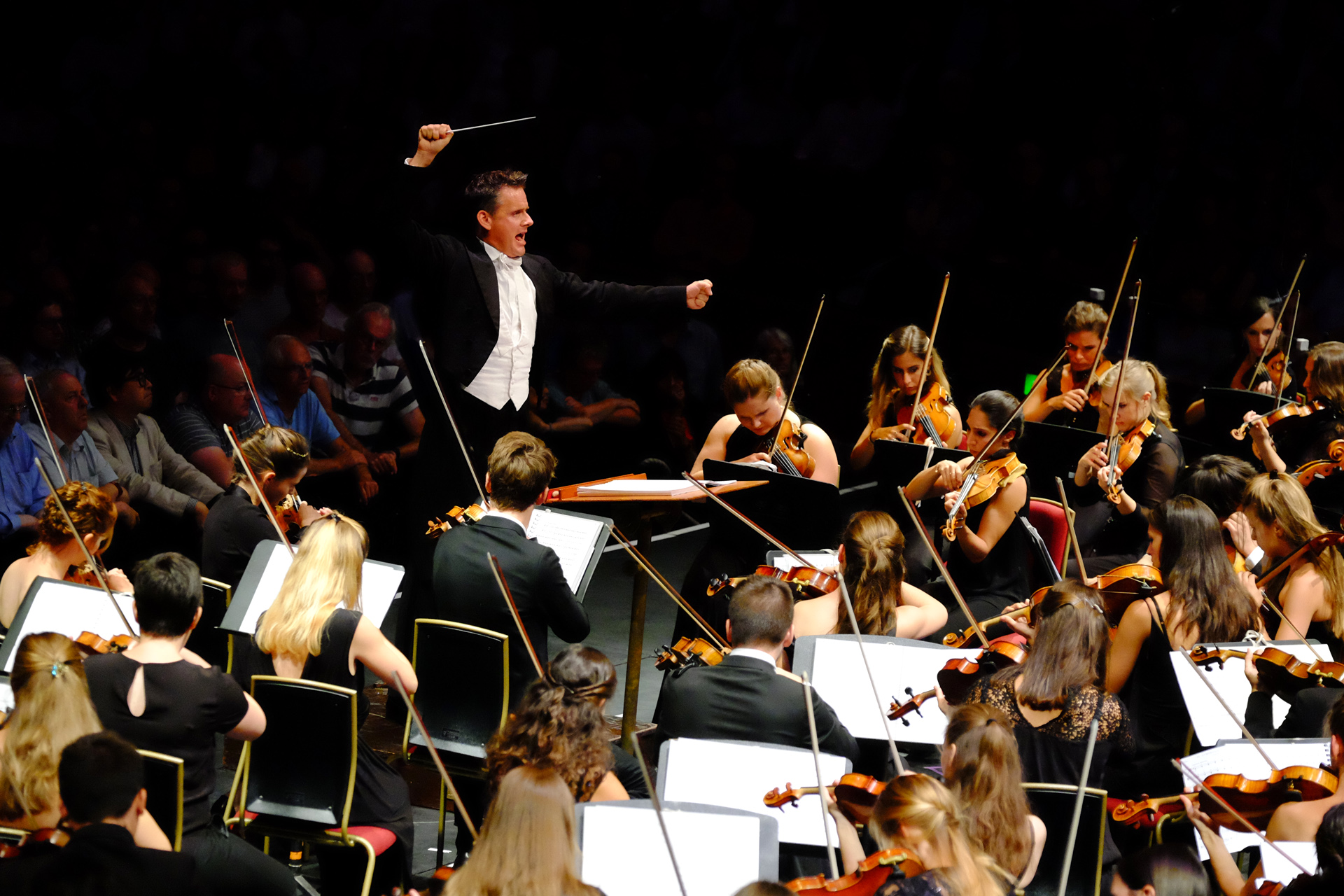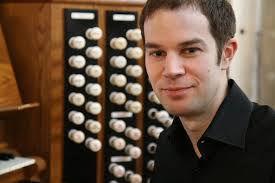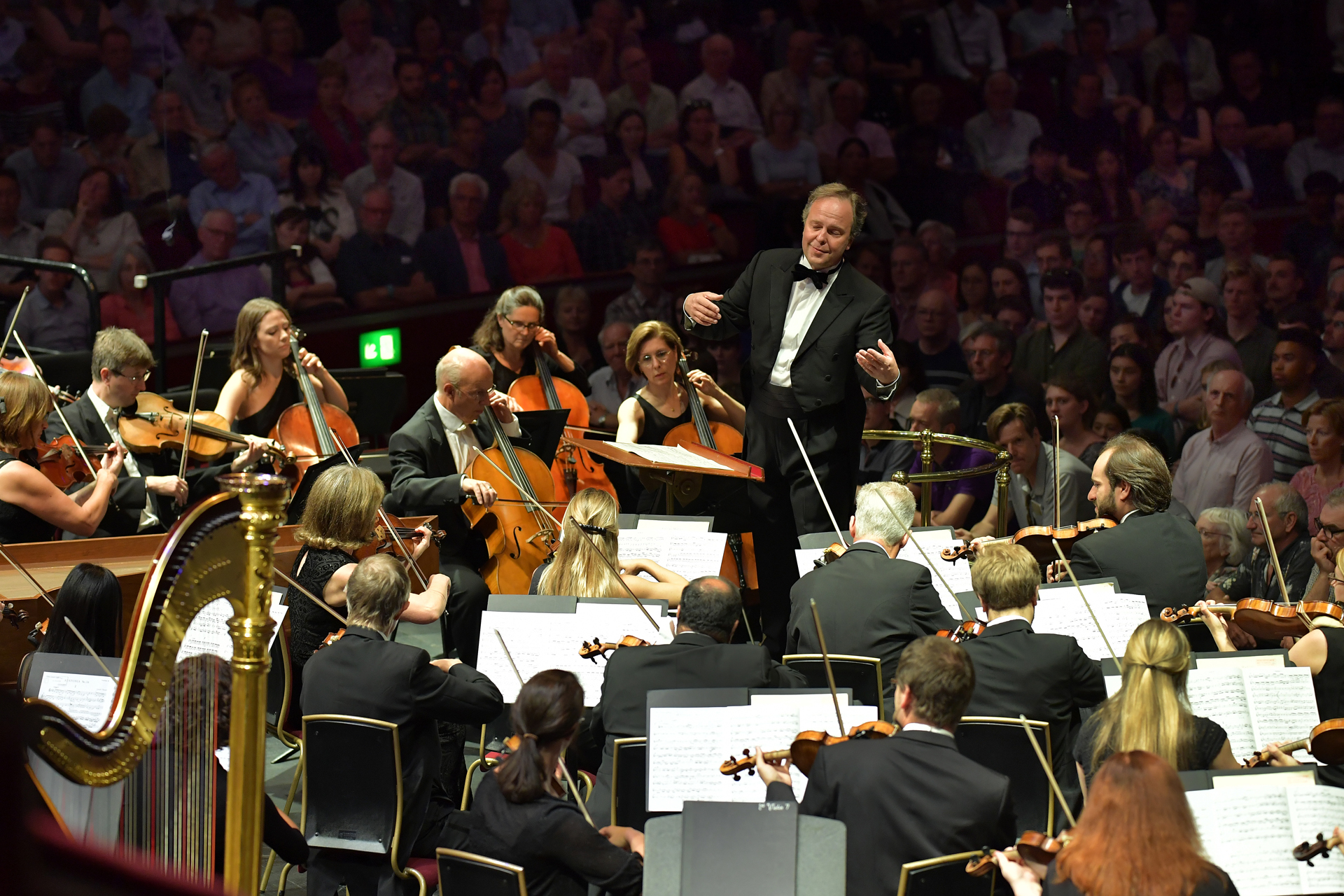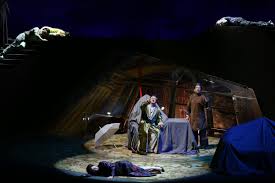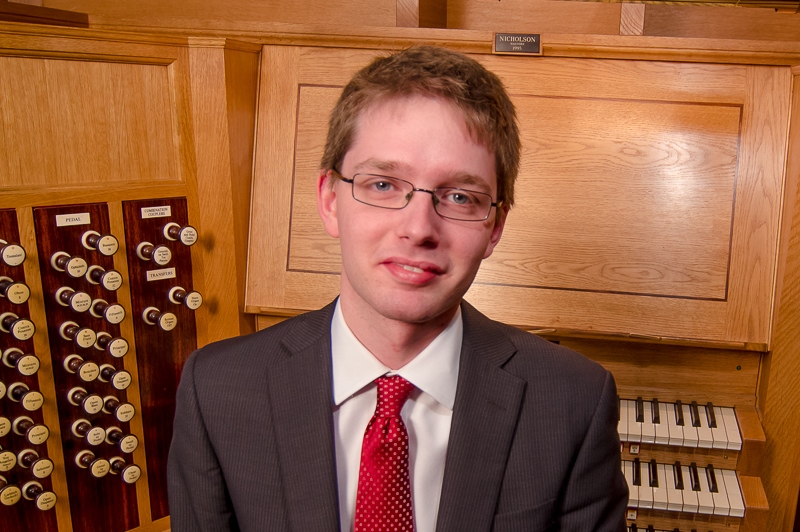For the first time ever, all of Schumann’s songs will be performed at the Oxford Lieder Festival (14- 29 October 2016) together with an array of his other works, the complete songs of his wife Clara Schumann, and songs by his friends, contemporaries and successors. Featuring nearly 100 events, The Schumann Project will include some 40 song recitals, as well as piano and chamber music recitals, choral works, study events, film, readings, masterclasses and more.
World class artists will come to Oxford including Christian Gerhaher and Gerold Huber who will give the opening recital (14 Oct), Anne Sofie von Otter (24 Oct), Bo Skovhus (23 Oct), Juliane Banse (21 Oct), Thomas Allen (20 Oct), Sarah Connolly (15 Oct), Sophie Daneman (27 Oct), Dietrich Henschel (17 Oct), Felicity Lott (26 Oct), James Gilchrist (27 Oct), Sophie Karthäuser (15 Oct ), Christopher Maltman (16 Oct), Joan Rodgers (17 Oct), Mark Padmore (25 Oct),Christoph Prégardien (22 Oct), Kate Royal (28 Oct), Birgid Steinberger (18 Oct) and Roderick Williams (24 Oct).Emerging stars performing include Lorena Paz Nieto, Katherine Watson, Raphaela Papadakis, Ben Johnson andJohannes Kammler. They will be joined by acclaimed pianists including Julius Drake, Eugene Asti, Bengt Forsberg, Matti Hirvonen, Graham Johnson, Malcolm Martineau, Anna Tilbrook, and Roger Vignoles. Chamber and piano music will be performed by Alasdair Beatson, the Doric Quartet, the award-winning Gildas Quartet, Tom Poster, Alexander Panfilov, the Phoenix Piano Trio and others.
Renowned pianist David Owen Norris (19 Oct) performs on one of Clara Schumann’s pianos exploring the sound world of the 1840s. Graham Johnson (15 & 22 Oct) gives two lecture-recitals; study days will look at Schumann’s fascination with Bach, and at the political upheaval and revolution of the 1840s; Wolfgang Holzmair will lead the residential mastercourse; and there will be film screenings, masterclasses and talks. 2016 is also the 120th anniversary of Clara Schumann’s death; her 29 songs will be included in the Festival.
Events take place in all corners of the city from college chapels, Christopher Wren’s Sheldonian Theatre and Europe’s oldest concert hall – the Holywell Music Room – to the recently restored Ashmolean Museum and the Bodleian Library.
Sholto Kynoch, Artistic Director, says: “I’m thrilled that such an amazing array of artists will be coming to Oxford for this unique celebration of Schumann. It’s a wonderful opportunity to hear his complete songs, but a survey like this must never become an exercise in simply ticking off songs so we also have a fantastically wide-ranging series of other events designed to give a genuine insight into the man, his music and the world he inhabited. People ask me what the highlights are: it’s impossible to pick a single event and the highlight for me is the whole Festival experience. Whether you just dip into one of our superb lunchtime recitals, or come to hear the world’s great singers, or want to spot the best new talent, you’ll find much to enjoy. I always encourage people to set aside some time and come to a selection of events. Enjoy being immersed in Schumann and hearing him in a new light!”
The annual Oxford Lieder Festival is now in its 15th year and has established itself as one of the most prestigious celebrations of song in Europe. It presents a feast of song in Oxford each October with the world’s most sought-after artists as well as the new generation of younger talents. Its founder and artistic director is the pianist Sholto Kynoch. The 2014 Festival, The Schubert Project, won a prestigious Royal Philharmonic Society award, and was singled out for its ‘breath, depth and audacity of programming.’
General booking open www.oxfordlieder.co.uk / 01865 591276. www.oxfordlieder.co.uk

